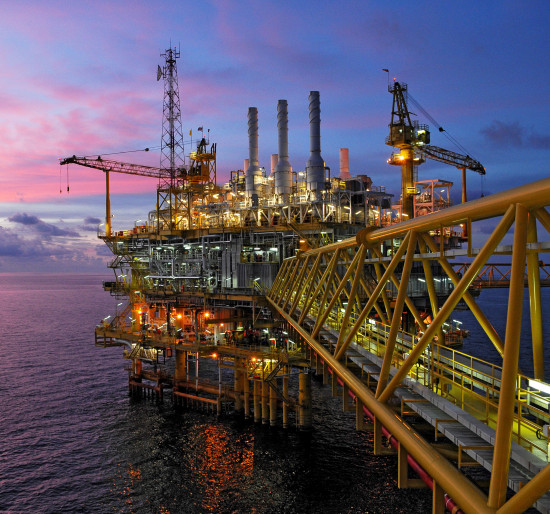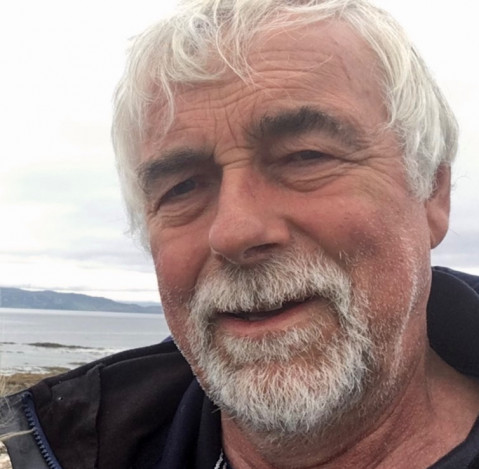The changing perspective on safety case development
Renewables, Oil & gasOur principal risk consultant Iain Young looks at the changes in safety case developments during the last 14 years
Why 2015 proved a landmark year from which we’re still feeling the repercussions

by principal risk consultant Iain Young
In my 14 years with Marex, the actual process of safety case preparation hasn’t changed much.
However the backdrop in which we work has changed enormously.
More than ever, business have to focus on agility, flexibility and awareness and learn to adapt.
Between 2010 and 2015, oil exploration was buoyant across the world, with prices over $100 a barrel. This drove an surge of drilling rig building, especially deep-water dynamically positioned semi-submersibles and drill ships.
As these new builds neared completion, the drilling contractors required safety cases for the vessels and our client base expanded considerably.
Although generally there were no regulatory requirements for having a safety case - they weren’t expecting to work in highly regulated waters - it was seen as good practice for safety cases and assessments to have been developed for the installations.
Also, to allow for the flexibility of a rig being able to relocate to UK waters, some clients wanted to have safety cases developed to a UK standard, which at this time were the Offshore Installations (Safety Case) Regulations 2005 (SCR 2005).
Marex benefited significantly from this and during this period a great deal of our risk work for these new builds was carried out outside the UK, undertaking risk studies in shipyards in South Korea and Singapore.
Also, during this time we did a lot of work for drilling contractors who wanted updated safety cases and assessments for their fleets operating in diverse places. These could be anywhere from Africa to Greenland, the Falklands to Scandinavia and we found ourselves dotting around the Mediterranean, Black Sea, Red Sea and the Caspian.
However, two events happened in 2015 which changed the way we worked at Marex.
The first was a substantial drop in the oil price which led to a massive reduction in demand for new-build drilling rigs.
The second was the introduction of The Offshore Installations (Safety Case etc) Regulations 2015 (SCR 2015) in response to the EU’s Offshore Directive which had been adopted in June 2013.
One major focus of SCR 2015 was to increase the protection to the marine environment from pollution. This, and other changes, meant that existing safety cases in the UK required considerable revision.
Our workload shifted very quickly from 90% overseas to 90% UK-based. From spending a considerable amount of time travelling to exotic places now, apart from meeting clients in Aberdeen or offshore visits in the North Sea, we rarely left the office.
The other main change in SCR 2015 has been the increased importance of human factors (HF).
Prior to SCR 2015, there were limited human factors elements in the safety case.
When developing a safety case, we generally use the IADC (International Association of Drilling Contractors) HSE Case Guidelines for Mobile Offshore Drilling Units as guidance for the format. In addition, we would use the relevant regulator’s assessment guidance to ensure that applicable legislation is complied with. For example, in the UK, this would be the HSE Safety Case Topic Specialist Assessment Templates and Guidance. We would also utilise industry guidance in the process.
Between them, these inform the lay-out and make sure that the safety case conforms to relevant legislation. Or we use these as a reference, and work with a client’s existing internal documents to create a safety case that will integrate new installations and drilling units into the existing fleet.
And previously, we would usually do a short assessment on the rig during a compartment study which would cover the required human factors aspects.
However, in the last few years, human factors has grown to be a major part of the process. The safety case needs extensive references to human factor studies, such as hierarchical task analyses, ergonomics assessments, workload assessments and human reliability analyses.
Suddenly human factors – previously a fairly limited assessment on the rig – gained much greater importance.
My colleague Varun is our human factors engineering expert and you can find out more about his views here
Appreciating the importance of taking human behaviour – both predictable and unpredictable – in developing a risk-based approach that creates shared value and enhance our clients’ performance.
More than ever, businesses have to focus on agility, flexibility and awareness and learn to adapt.
And Marex will stay agile and adapt to a changing environment, whether that is a change to regulatory policy and requirements or to a change in geographical focus.
It’s one of the reasons I’m pleased to be part of the Marex team. Using our depth of knowledge and experience, we can understand our clients’ needs and provide work they can trust.










